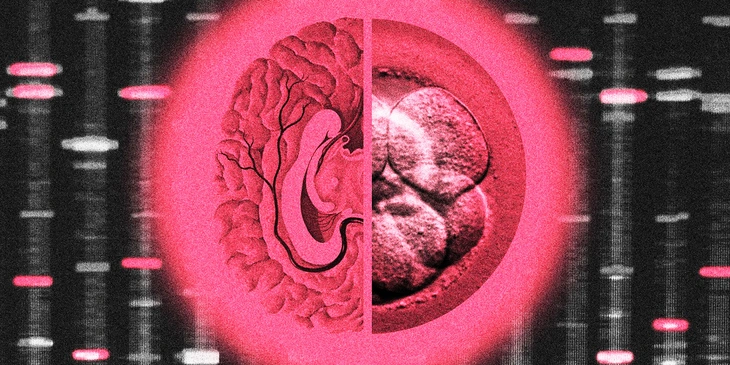
Currently in Silicon Valley (USA), there is an obsession with giving birth to children with high IQs - Illustration: WSJ
Many tech CEOs in Silicon Valley are now willing to spend up to $50,000 for a new genetic testing service that promises to screen embryos based on intelligence quotient (IQ).
However, the growing obsession with IQ is controversial and bioethicists have raised alarm about new genetic screening services.
The market for "designer" children
Sharing with the Wall Street Journal, Ms. Jennifer Donnelly - a matchmaker - said she has witnessed more and more technology executives looking for intelligent partners to give birth to a generation of children with high IQs.
“I have one, two, three tech CEOs right now, and they all prefer Ivy League graduates,” says Donnelly.
Meanwhile, startups like Nucleus Genomics and Herasight have begun publicly offering IQ prediction services based on genetic testing to help couples select embryos for in vitro fertilization (IVF). In the San Francisco Bay Area, the service is popular, with prices starting at around $6,000 at Nucleus and up to $50,000 at Herasight.
“There’s now a whole ecosystem of people with huge net worths or intelligence-obsessed rationalists like at Berkeley who really want to know IQ so they can use that as one of the criteria for embryo selection,” said Stephen Hsu, co-founder of Genomic Prediction, one of the companies that does genetic testing for embryos.
Ethical controversy
Polygenic embryo screening (PES), currently only available as a commercial service, allows testing of embryos for complex pathologies, risks of diseases such as diabetes, cancer, mental disorders... as well as characteristics such as height and IQ, according to the US National Institutes of Health .
Critics, however, have questioned the ethics of such testing. “Is it fair? That’s what worries a lot of people,” said Hank Greely, director of the Center for Law and Biology at Stanford University. “It’s a science fiction plot: the rich create a genetic elite, then rule, and the rest are just the proletariat.”
"I think they have a sense that they're smart, successful, and they deserve to be where they are because they have 'good genes,'" adds statistical geneticist Sasha Gusev at Harvard Medical School. "Now they have a tool to think that they can do the same for their children, right?"
Writing for The San Francisco Standard in early June, writer Margaux MacColl recounted her experience meeting a “super baby” at a cocktail party at a venture capitalist’s Presidio mansion. The couple had used Orchid’s services to screen embryos, which cost $2,500 or more per embryo, for polygenic conditions like bipolar disorder or Alzheimer’s.
Orchid sends parents an online report that estimates the genetic risk of each embryo passing on these diseases. Then the parents have to make their own decisions: What risks are they willing to accept? Which embryos should they transfer?
Despite widespread skepticism in the scientific community, over the past five years, tech industry heavyweights like Anne Wojcicki, Sam Altman, Vitalik Buterin, Elad Gil, and Alexis Ohanian have poured millions of dollars into multi-gene testing startups like Orchid, Nucleus, and Genomic Prediction.
They're betting on an "extreme future" in which, for just a few thousand dollars, biotech companies could analyze DNA and provide probabilities on everything from drug addiction to obesity risk, even estimating a fetus's IQ.
Last month, billionaire Elon Musk also expressed his excitement when he commented "Nice!" on a Herasight article. Mr. Musk is said to have used Orchid's service for at least one of his children.
Different perspectives
Not every parent in America wants to "design" their children according to Silicon Valley standards.
"In Silicon Valley, they're crazy about IQ. But if you talk to average families in America, not every parent wants their child to be a Harvard scholar. They'll say, 'No, I want my child to be more like LeBron James,'" said Kian Sadeghi, founder of Nucleus Genomics.
This shows the clear difference in the concept of success and happiness between the tech industry and ordinary people.
Source: https://tuoitre.vn/chi-50-000-usd-de-thiet-ke-con-thong-minh-gioi-sieu-giau-my-gay-tranh-cai-20250817235814692.htm


![[Photo] Opening of the World Cultural Festival in Hanoi](https://vphoto.vietnam.vn/thumb/1200x675/vietnam/resource/IMAGE/2025/10/10/1760113426728_ndo_br_lehoi-khaimac-jpg.webp)
![[Photo] Ho Chi Minh City is brilliant with flags and flowers on the eve of the 1st Party Congress, term 2025-2030](https://vphoto.vietnam.vn/thumb/1200x675/vietnam/resource/IMAGE/2025/10/10/1760102923219_ndo_br_thiet-ke-chua-co-ten-43-png.webp)
![[Photo] General Secretary attends the parade to celebrate the 80th anniversary of the founding of the Korean Workers' Party](https://vphoto.vietnam.vn/thumb/1200x675/vietnam/resource/IMAGE/2025/10/11/1760150039564_vna-potal-tong-bi-thu-du-le-duyet-binh-ky-niem-80-nam-thanh-lap-dang-lao-dong-trieu-tien-8331994-jpg.webp)



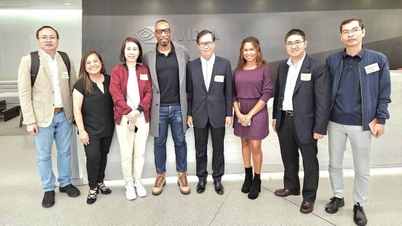









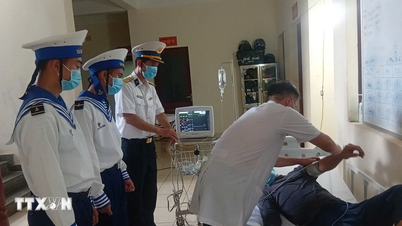

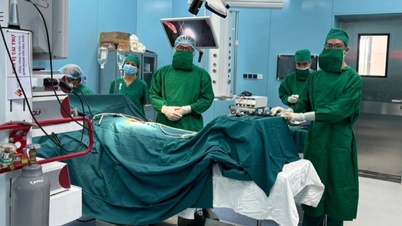










































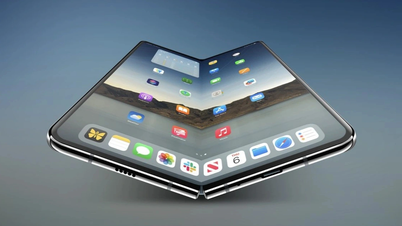











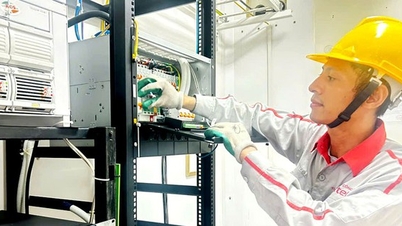

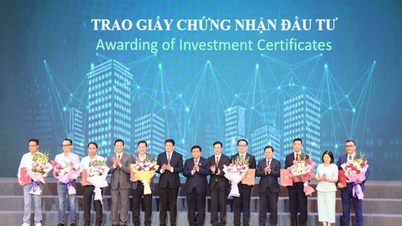
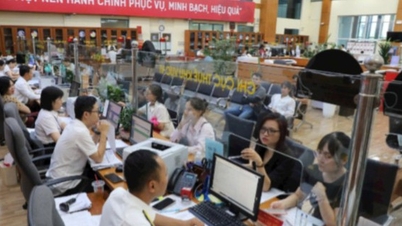





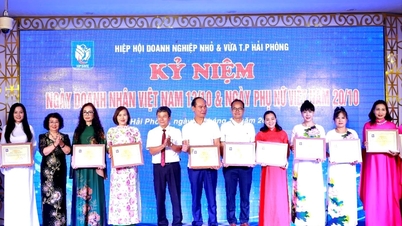
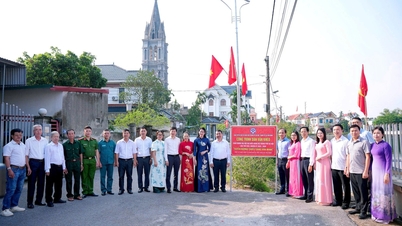















Comment (0)